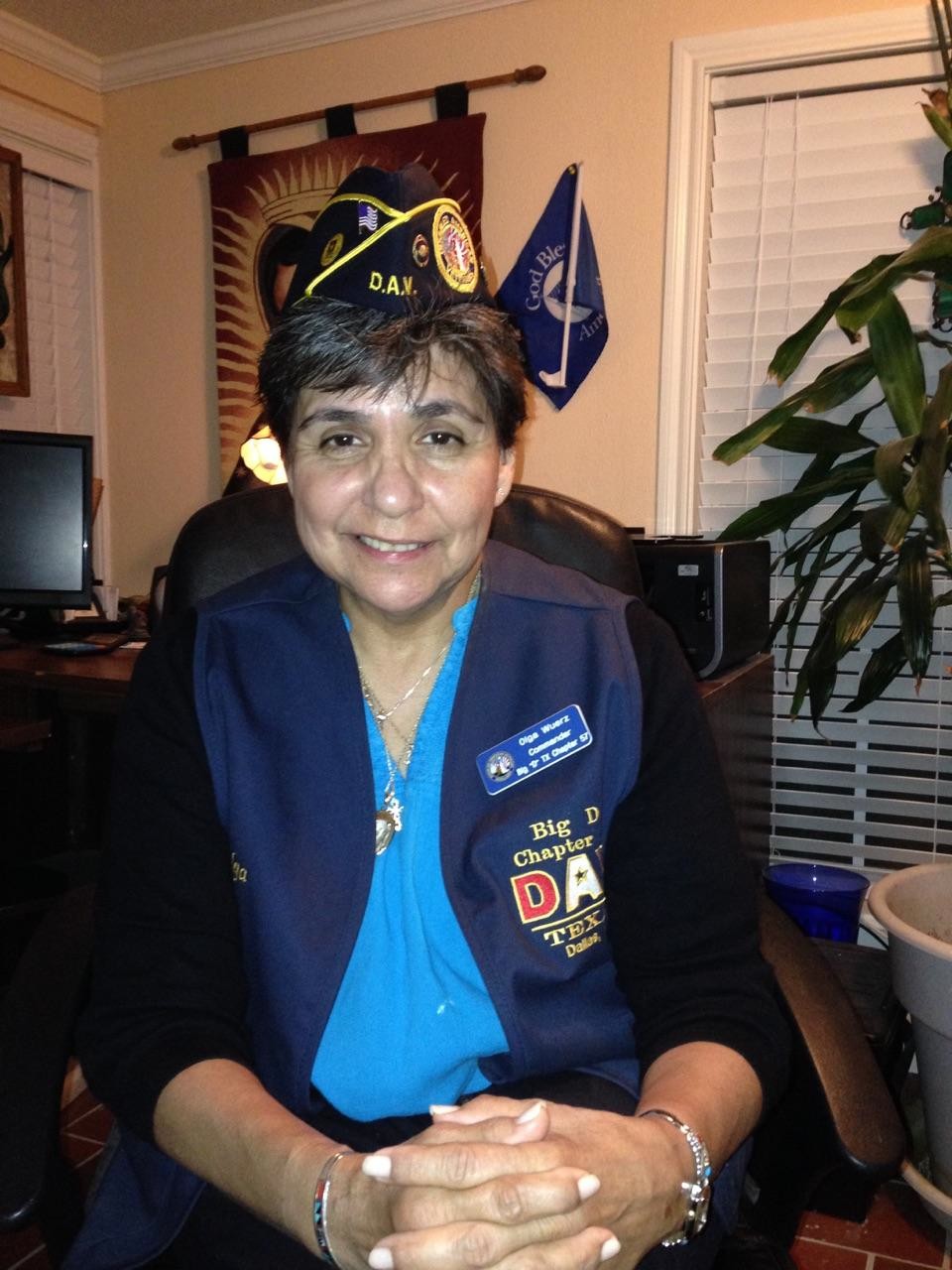
Tracey, Families for Depression Awareness Volunteer
Tracey’s life experience brought her to work as a certified peer specialist, helping people in crisis situations. She lives in Massachusetts.


Depression and Bipolar Support Alliance
Last year, Congress gave mental health advocates a year-end present during the lame duck session by passing mental health reform legislation as part of the 21st Century Cures Act and sending it to President Obama for signature. Implementation began in earnest on May 24, 2017, with the call for nominations for non-federal appointments to the Interdepartmental Serious Mental Illness Coordinating Committee. Read about this and other wins in this legislation in this post from the CFYM archives.

Denise Camp, ALWF, CPRS, RPS, and Mindy Goodman, Parent Volunteer
Peer support received a big boost from the last U.S. Congress and the Depression and Bipolar Support Alliance (DBSA) took the opportunity to thank Congressional supporters at a recent U.S. House Mental Health Caucus panel event. Held as part of Mental Health Awareness Month, “Peer Support Across Generations” was supported by Representatives Grace Napolitano (D-CA) and Ben Ray Luján (D-NM).

Care For Your Mind wraps up the series on peer support services this week with a post from Olga Wuerz, a certified peer specialist, WOC (Without Compensation) who shares first-hand the value of including peer support services as an integral part of the mental health care delivery team at VA hospitals and centers.
Why I’ve Chosen the Rewarding Profession of Certified Peer Specialist
Olga Wuerz, Certified Peer Specialist, WOC and President of the Dallas VA Mental Health Veterans Advocacy Council
I started working on the Acute In-Patient unit at the Dallas VA Hospital about 8 years ago...

“Peer support services work because we instill hope.” That’s the message from Olga Wuerz, an army veteran and certified peer specialist, during a congressional briefing held today by the Depression and Bipolar Support Alliance (DBSA).
Echoing that message, DBSA president Allen Doederlein shared that by instilling hope through positive self-disclosure, peer support specialists can influence the path to recovery and wellness for individuals living with a mental health condition...

How to increase the visibility and availability of peer support services—an evidence-based practice—is an important topic during any discussion on mental health care reform. CFYM will be discussing this topic over the next few weeks. On Wednesday, April 29, look for a recap on a congressional briefing hosted by DBSA to educate congressional staffers on this critical component of mental health care.
Larry Davidson, Ph.D.
Director, Program for Recovery and Community Health
Department of Psychiatry, Yale University School of Medicine
Stories of frustration and sorrow from family members who w...
Allen Doederlein
President, Depression and Bipolar Support Alliance (DBSA)
Last Thursday, February 26, I represented those with lived experiences at The Hill’s mental health briefing Fixing America’s Mental Healthcare System to an audience of nearly 100 leaders and activists in Washington, DC...

Harvey Rosenthal
Executive Director, New York Association of Psychiatric Rehabilitation Services (NYAPRS)
In our final post on AOT Harvey Rosenthal explores the role of evidenced-based wraparound services in providing better mental health care outcomes.
Outpatient commitment typically involves mandating individuals to accept the same treatment approaches that have already failed or deterred them in the past. We know a lot more about how to help people in severe distress, but these methods are typically not offered or are not sufficiently available. These include a number of evidence based approaches like
Connect With Us